Video game review: You can’t SIGNAL if no one else is playing
By Heather Wuest | June 6, 2019
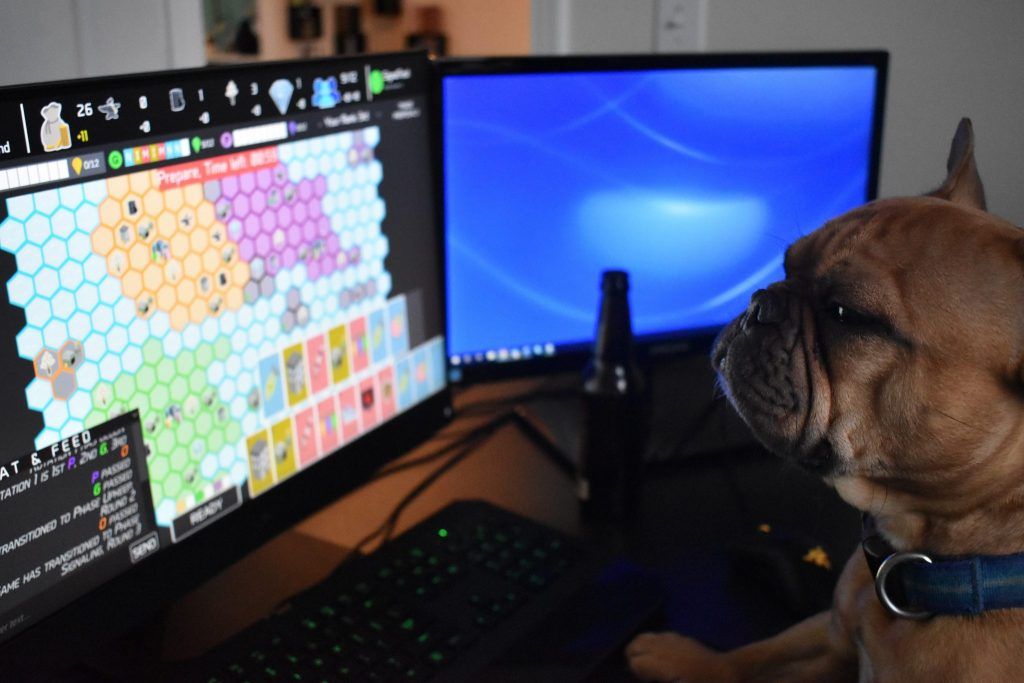 Review finds it's doggone hard to play SIGNAL.
Review finds it's doggone hard to play SIGNAL.
Editor’s note: An overview of the SIGNAL program is available here.
In an era where I can play complex dungeon crawlers on my iPhone, I was expecting more from the online version of SIGNAL (Strategic Interaction Game between Nuclear Armed Lands), the Project on Nuclear Gaming’s experimental wargame. In terms of playability, SIGNAL’s first big problem is the tutorial; it’s long and confusing. Second, you need to be matched with two other people on the server to play, but when I tried, no one else was playing. Admins are working around this problem by offering “Open Play Windows,” where they hope to have people online and waiting for you to play. But these windows all take place within in the 9-to-5 workday during the week, and SIGNAL just isn’t fun enough to risk getting fired over.
Don’t get me wrong; I was and am still excited about this game. SIGNAL was designed to collect data from as many people as possible, to study strategic interaction in wargaming scenarios. As a nuclear nerd, I found the implications for deterrence theory to be fascinating. Nuclear deterrence is hard to study because when it works, nothing happens, and it is difficult to identify exactly why nothing happened. When talking about nuclear weapons, the act of successfully deterring someone means that in the end, they didn’t nuke you. Not getting nuked is good, but hard to study because you can never be certain that the enemy intended to nuke you in the first place or what specific action or inaction or combination of both led the enemy to come to the decision that allowed your continued existence.
Anyway, I was excited for SIGNAL because it promised a game where people could practice nuclear deterrence, an experience practiced before only by armchair philosophers (like me) and policymakers. The game offers an environment in which data on decisions can be recorded and studied to grow academic understanding of how deterrence works and, hopefully, to be used later to help humans get better at not making nuclear war.
But the game does have playability problems. After making it through the tutorial (which I rage quit once, when my browser froze because I tried to nuke someone, apparently an unanticipated player action at that juncture), I quickly realized that I needed two other players if I were to play the game. Browsing the Open Play Windows, I found none scheduled for times when I was free to play, so I whipped out my short list of reliable and pliable friends to recruit some fellow wargamers. I will be honest; SIGNAL was a harder sell than I was expecting. After bribery (pizza and beer) and much whining as I helped speed them through the tutorial, we were ready to play.
I don’t know what this observation has to say about my friends or me, but gameplay went something like this: After we realized that one of the players did not have nuclear capabilities, that player got nuked, repeatedly, because it was an easy way to deny him/her resources. In the game, a nuke costs the same amount of money as a conventional missile, but predictably does a lot more damage. Once the poor, non-nuclear soul was shoved to the resource sidelines, the two remaining players duked it out over resources on the map. Game scoring is complicated, but having more resources makes more options available to you. The game lasts five rounds, so we just operated under the rule that he who has the most resources at the end of the fifth round wins. I am not sure that back end data collection got much of academic use out of our first couple rounds.
As the night wore on, and we better understood the advantages and disadvantages designated to each player at the start of the game, SIGNAL switched from an exercise in nuking to an exercise in avoiding being nuked. But it took quite some time to reach that deterrence focus.
Like all good video games, SIGNAL lets you do something that most people don’t have an opportunity to do in real life—in this case, you get to practice strategic signaling and nuclear deterrence. The game does force you to think about strategic messaging and the different threat levels and connotations posed by conventional, strategic, and nuclear threats. Is it wrong for me to wish for the idea behind SIGNAL would get picked up by a major video game developer that could make it into a game that’s fun to play? A company with a big enough follower base so the game could be played without pizza bribery? Someone with the resources to design a more streamlined tutorial and invest in fresh graphics?
I know it’s not the healthiest desire on Earth, but I want SIGNAL to make a cool noise, should I nuke someone.
In all seriousness, I think that nuclear war, the uncertainty of strategic signaling, and the deterrence-making process affect everyone on the planet. The United States sends a small fleet, including an aircraft carrier and a bomber task force, to the Persian Gulf. China announces the construction of a floating nuclear power plant, to be launched in the South China Sea. Your toddler wants to eat cookies before lunch, and you issue an ultimatum. Strategic signaling is everywhere, and anyone who wants to learn should be afforded the opportunity.
I think that with some improvements SIGNAL could be a fun and accessible way for people to learn about and practice strategic signaling and deterrence theory. As of right now, though, it is hard to understand what is going on in the game, or why some players have access to options that others don’t. These distractions adversely affected my ability to strategically signal and effectively deter my pizza-eating, beer-drinking frenemies.
Together, we make the world safer.
The Bulletin elevates expert voices above the noise. But as an independent nonprofit organization, our operations depend on the support of readers like you. Help us continue to deliver quality journalism that holds leaders accountable. Your support of our work at any level is important. In return, we promise our coverage will be understandable, influential, vigilant, solution-oriented, and fair-minded. Together we can make a difference.
Keywords: SIGNAL, Wargames, deterrence, nuclear risk
Topics: Analysis, Nuclear Risk


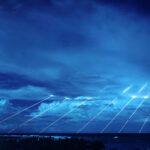







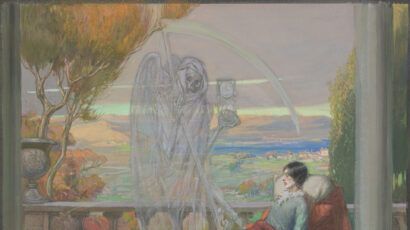
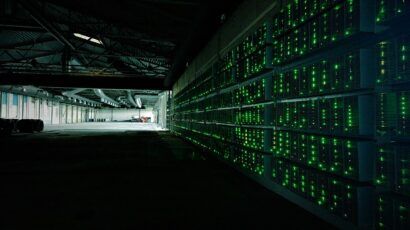

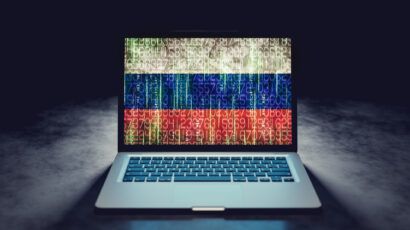

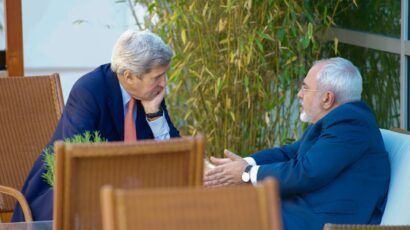
In the 1980’s Chris Crawford wrote Balance of Power, a Mac/PC simulation of avoiding nuclear war. He also wrote a book about it, which you can find online. And in 2008 in updated it for the 21st century, which you can find at https://web.archive.org/web/20110501070819/http://www.storytron.com/play-bop2k-launch.php. I played it a little in the 1980’s, but the graphics were limited by the hardware at the time. It learned a bit about the world, since in had a graphic data base with information about more than 100 countries. Did you know that poverty is most extreme along the equator? I didn’t. And if you… Read more »